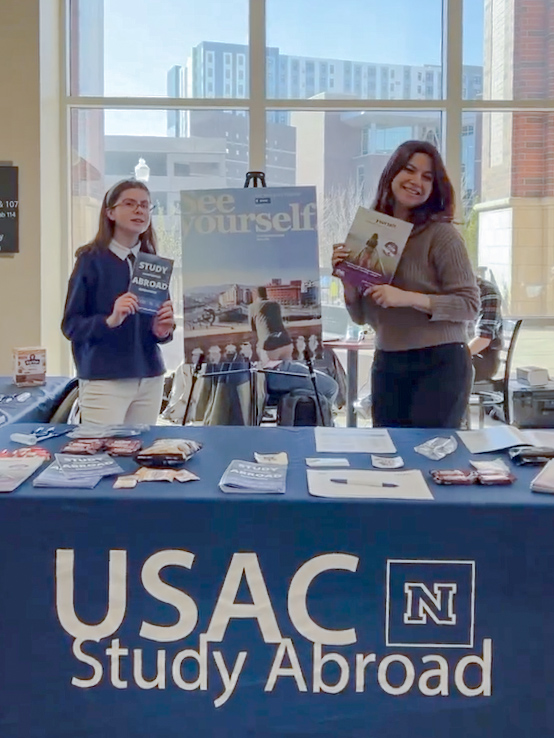Home university check-in
What may have been weeks may feel like years, so it’s important to get your bearings straight. Make time to check in on a few things, especially if you still have time to complete your degree. Consider taking these following steps within the first couple of weeks back on your home university campus.
Check with an advisor for received credits
It is important to check with your academic advisor and your home university’s Registrar’s Office to make sure that your credits were transferred correctly from your study abroad university. This simple step can identify mistakes that may have occurred and may save time and aggravation later on in your academic career.
Assess your financial standing, financial aid, and student loans
You must be aware of your financial standing as you return to your home university. Financial aid and loans that are time sensitive may need to be reinitiated or activated at the beginning of the term. Loan organizations may need a statement from your home university affirming your continued enrollment and verifying your registration. If you receive such notification from your loan organization, you should contact the loan association immediately for specific directions.
For more information, login to Gateway and review the Transcript and Grade Reporting Guide in your documents.
Get involved on campus

Some universities offer workshops to help you integrate your recent study abroad experience with your continued life and studies. Check with your home university to find out about any services they offer for recent returnees from international programs. Workshops or meetings will not only be helpful from an academic re-entry point of view but will also provide the opportunity to meet other students who have studied abroad, as well as international students.
Sharing with and learning from other study abroad participants is an important part of the re- entry process and can greatly reduce the frustrations that returning participants often experience. If your university does not offer workshops or events for study abroad participants, take the initiative! Arrange meet-ups with other past participants through any clubs or organizations created for study abroad alumni or participate in events sponsored by your on-campus USAC or study abroad office.
- Most colleges and universities have sessions where past participants can share their experiences with students who are considering attending a study abroad program. This is a great forum to share stories with students who are certain to be interested.
- Consider taking advanced language courses or joining language clubs to retain and develop any languages learned while abroad. Also, ask about opportunities to practice your language skills with international students.
- Seek cultural gatherings that take place in your community. You may be surprised at the number of activities sponsored by or related to your study abroad country.
- Specific clubs or organizations affiliated with study abroad programs or international relations may be active on-campus as well as in your community. Programs that work with community development or outreach are excellent ways to sponsor international awareness and education.

